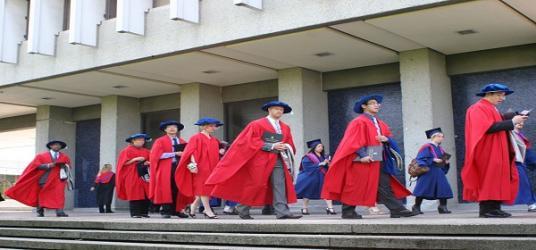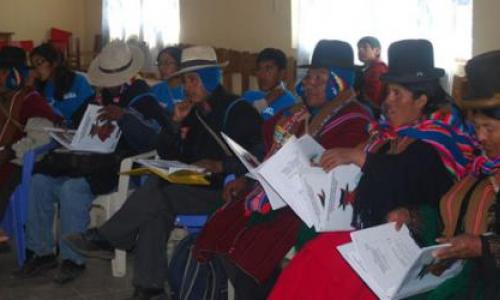
Whether you are new to the university scene or looking for a better income, deciding on a major and career is a tough choice. Many students change their majors and even change the field they decide to work in once they graduate. I have interviewed graduates, students who have changed their majors and students who have stayed with their choice, but would like to offer advice for those students at their “career crossroad.” Here are 8 tips and tricks to find out what’s suited for you:
1. Self-Identification:
“I was inspired by my own teachers throughout highschool not because of the material, but how they opened my mind to new ways of thinking.”
–Byron Poth, education student.
Although a career match quiz is tempting, first understand what you want. All students agreed that identifying desired job qualities is the most important factor when making a decision. These preferred qualities could range from receiving a high income, to broad social networking possibilities, to remaining isolated in a lab with mice all day. Some students interviewed decided against medical school after figuring out what they wanted. Their reasoning was that they did not have the passion to dedicate their lives to helping others and instead preferred to learn and make significant contributions to their field. The qualities that you desire in a workplace make all the difference. If you are having trouble reaching a conclusion, SFU has many programs to help students self-identify and develop such as Passport to Leadership and Career to Classroom offered each semester.
2. Drop Into a Lecture:
“I’m never going to use any of this material ever,”
- said numerous students attending any university.
Tuition can be expensive and content and structure can make or break a student’s interest. Many students discovered their interests by randomly attending a lecture at SFU, noting the kind of topics being taught, pacing, and the amount of material that needed to be covered. For example, some students I talked to transferred from the heavy content courses in the Sciences for more creative expression in the Arts after attending a English lecture on Prose. You never know until you try.
3. Information Interviews:
Coffee at Starbucks with a student or someone who is currently working in your career of interest can answer all your questions. Students in the major you are interested in can reveal interesting topics in the major, course load, what to watch out for, etc. The same goes for someone working in your career of interest; they can tell you what an average day would look like in the workplace.
4. Job Shadowing:
If you really want a glimpse of a work environment, consider contacting someone in the profession of your interest and observe a typical day in the workplace. Not only will you know the duties that person might be responsible for, but you’ll also understand the workplace culture. Dress-code, appropriate language, and friendliness are some aspects of workplace culture to look out for.
5. Clubs:
SFU has a vast choice of clubs. Have an interest in Investment or Accounting? Join the club! Mesh with the people and learn what kind of people you may be employed with. Learn what qualifications you may need to further your chances of being hired when the time comes and spice up your resume. Students I talked to also recommended joining clubs on campus to network with potential employers.
6. Volunteering:
Get exposure to possible work environments by volunteering. Many students regret not volunteering at different workplaces to get a feel for what they should do. Consider joining the Student Ambassador program available at SFU to explore different opportunities such as teaching outreach, or helping people with disabilities. Learn about new options and passions by putting yourself out there, not by burying yourself in textbooks.
7. Co-op:
MBB student, Amir Abdolahzadeh said, “I’m wanna be the guy who cures cancer. I can’t see myself doing anything else.”
Why not get a real taste? The Co-op program at SFU will allow you to work in a job related in your major. With the numerous jobs available, such as business firms or BC Cancer society, this could be one of the biggest factors on whether or not you would want to work in your field, by seeing if you actually enjoy it.
8. Take a Risk Every Day:
This is my personal advice for you. Every student I’ve interviewed wished they had done something sooner, joined a club, or talked to someone before deciding their career. Take the risk and take charge of your future by exploring what is available to you. If you fail, fail fast. That way you know what was right and what was wrong with your choice and you can move on. In the words of Shia Labeouf, “JUST DO IT!”
Beyond the Blog
-
Get involved with the Student Ambassador Program.
-
Learn about the services available at Career Services and how Classroom to Career can help you transition to the workplace.
-
Develop your leadership skills in Passport to Leadership.














